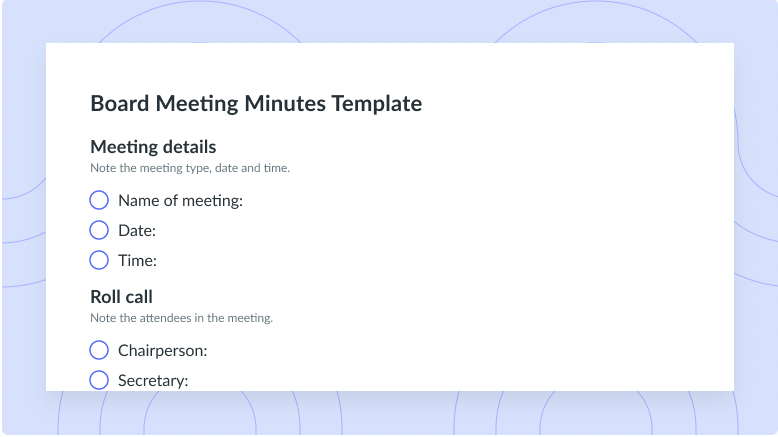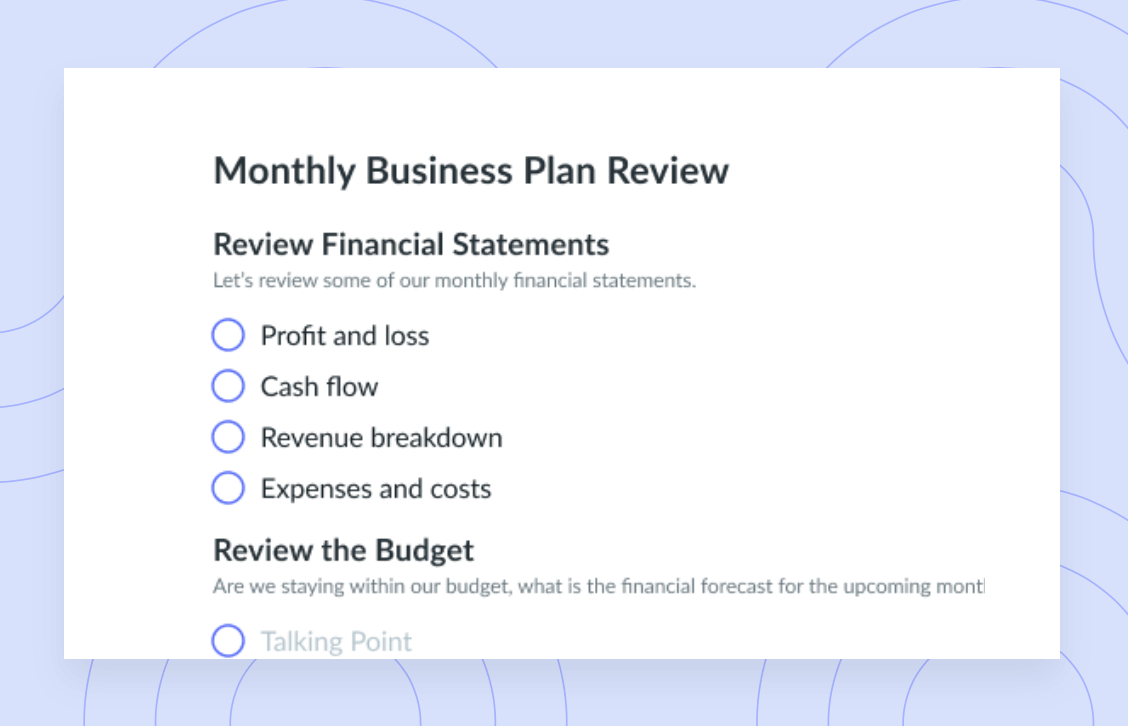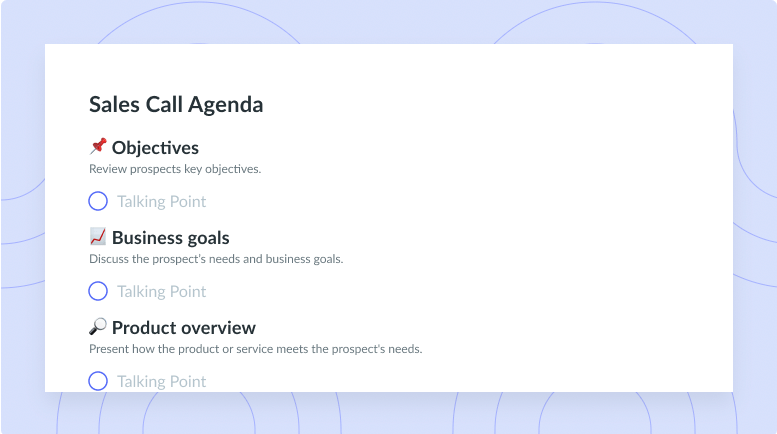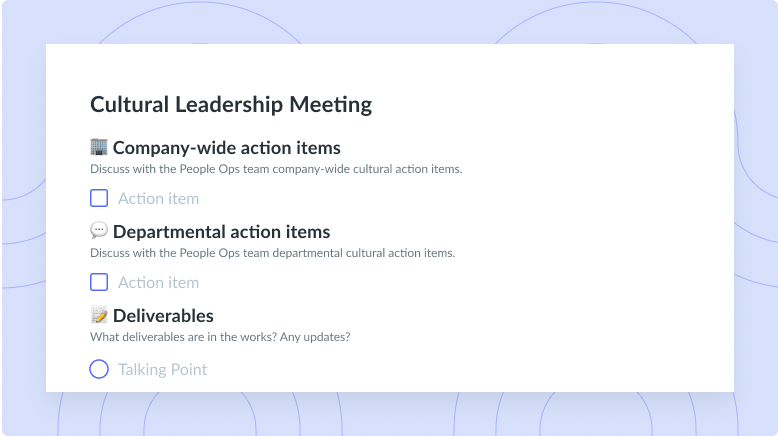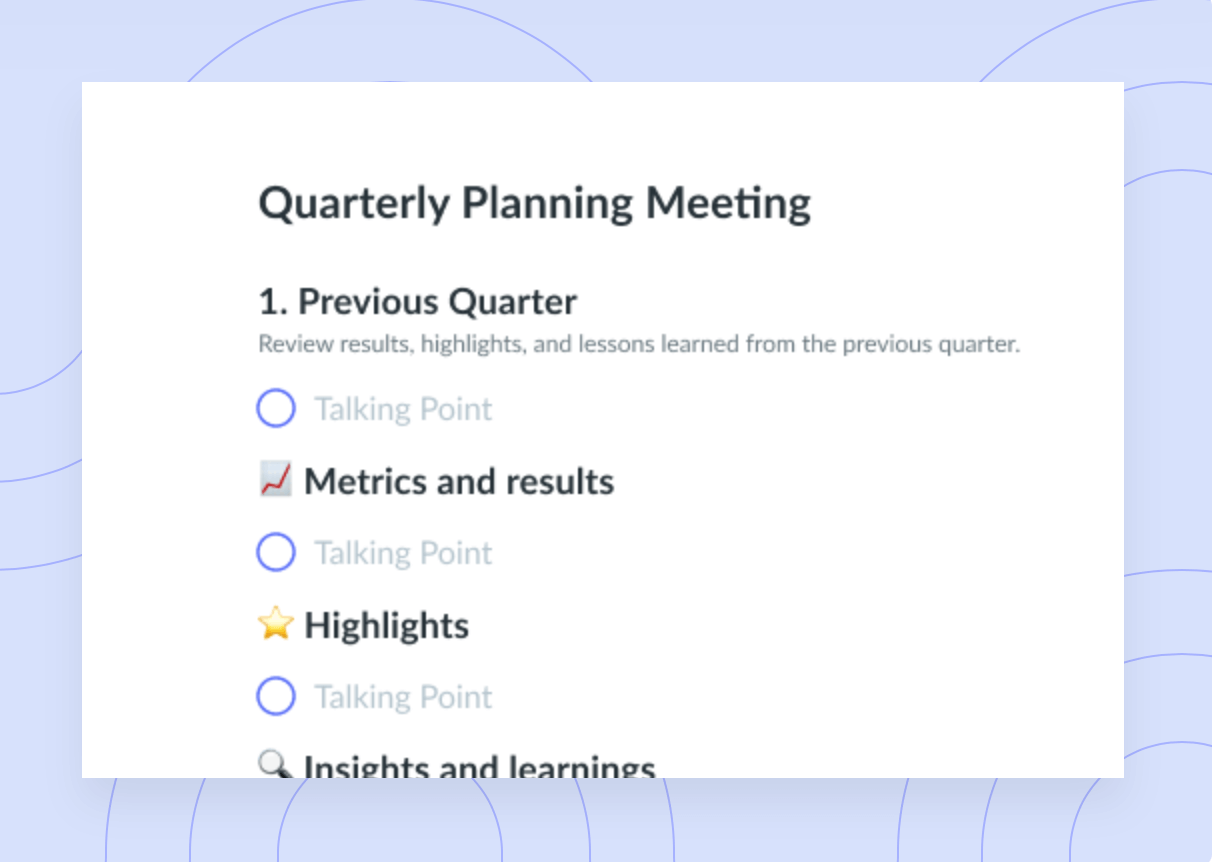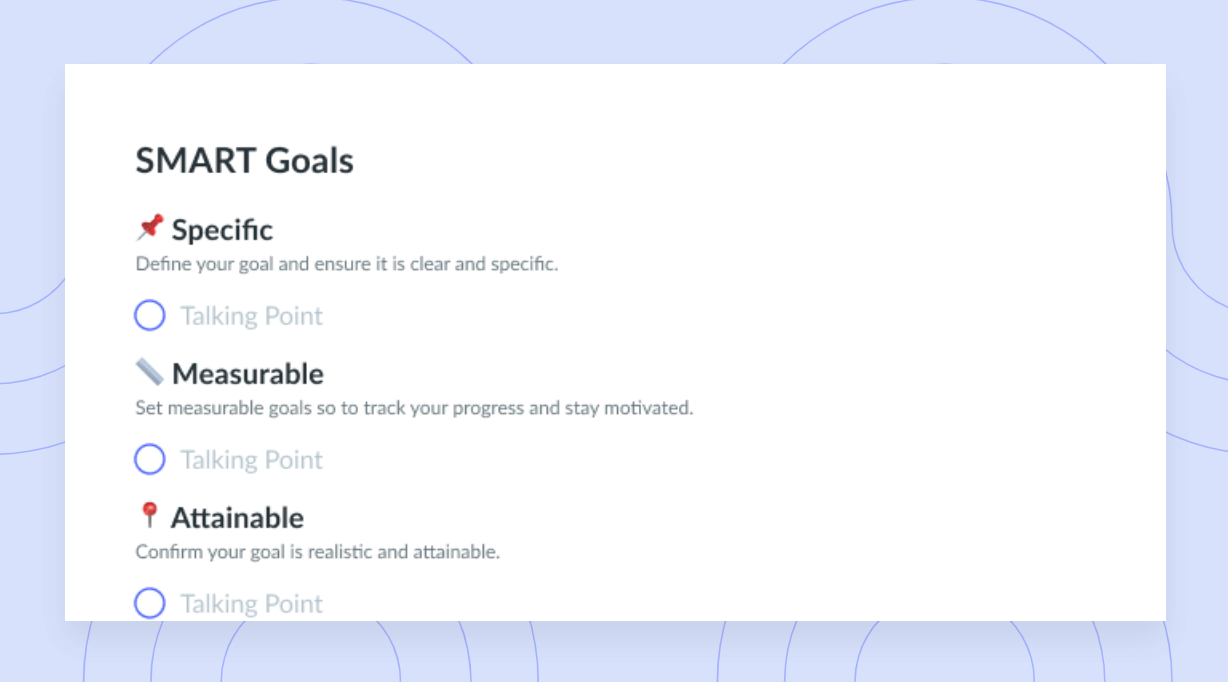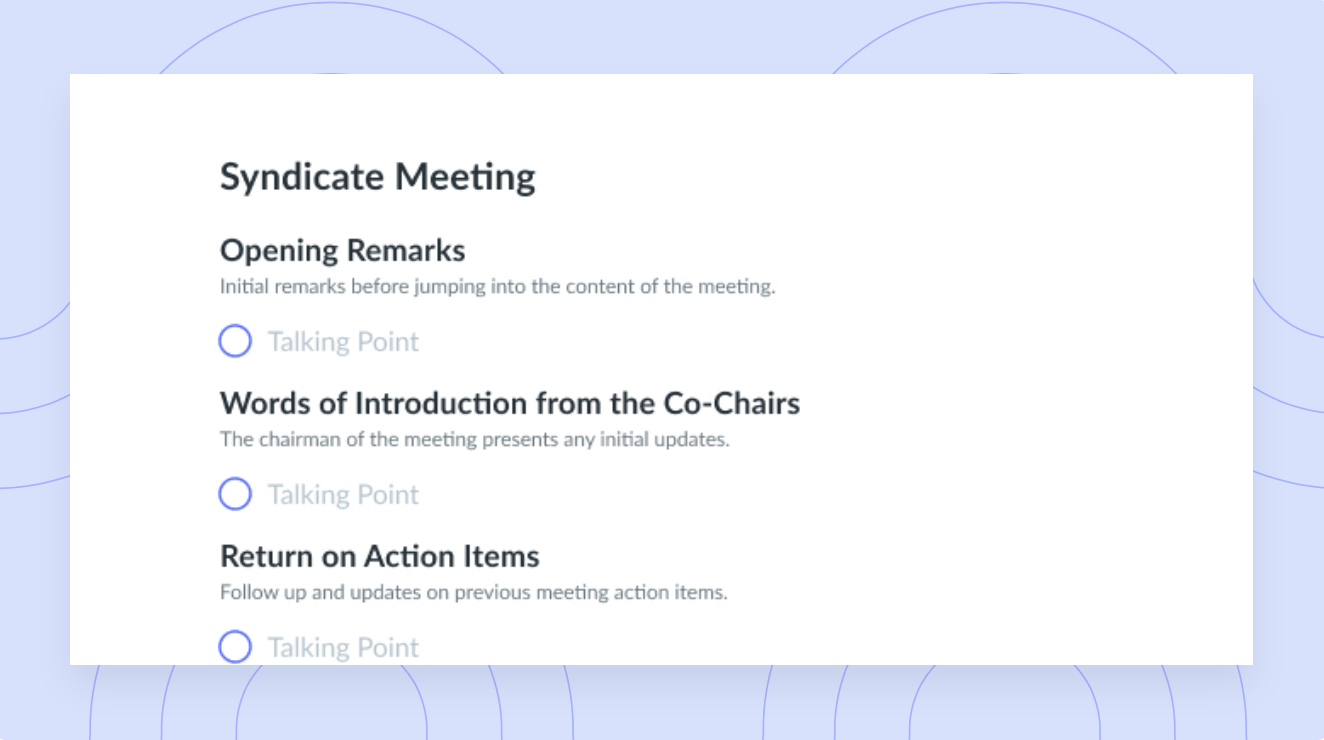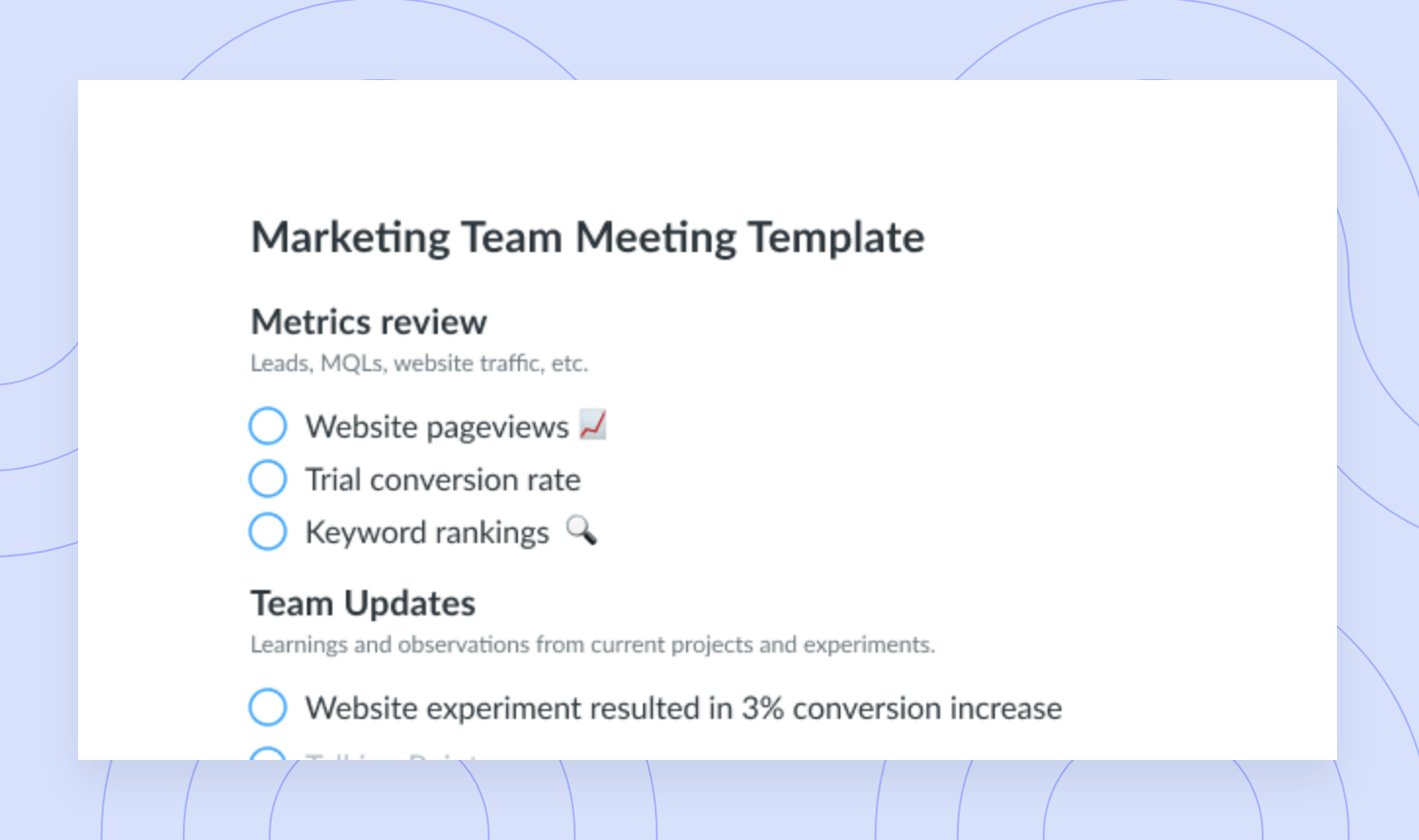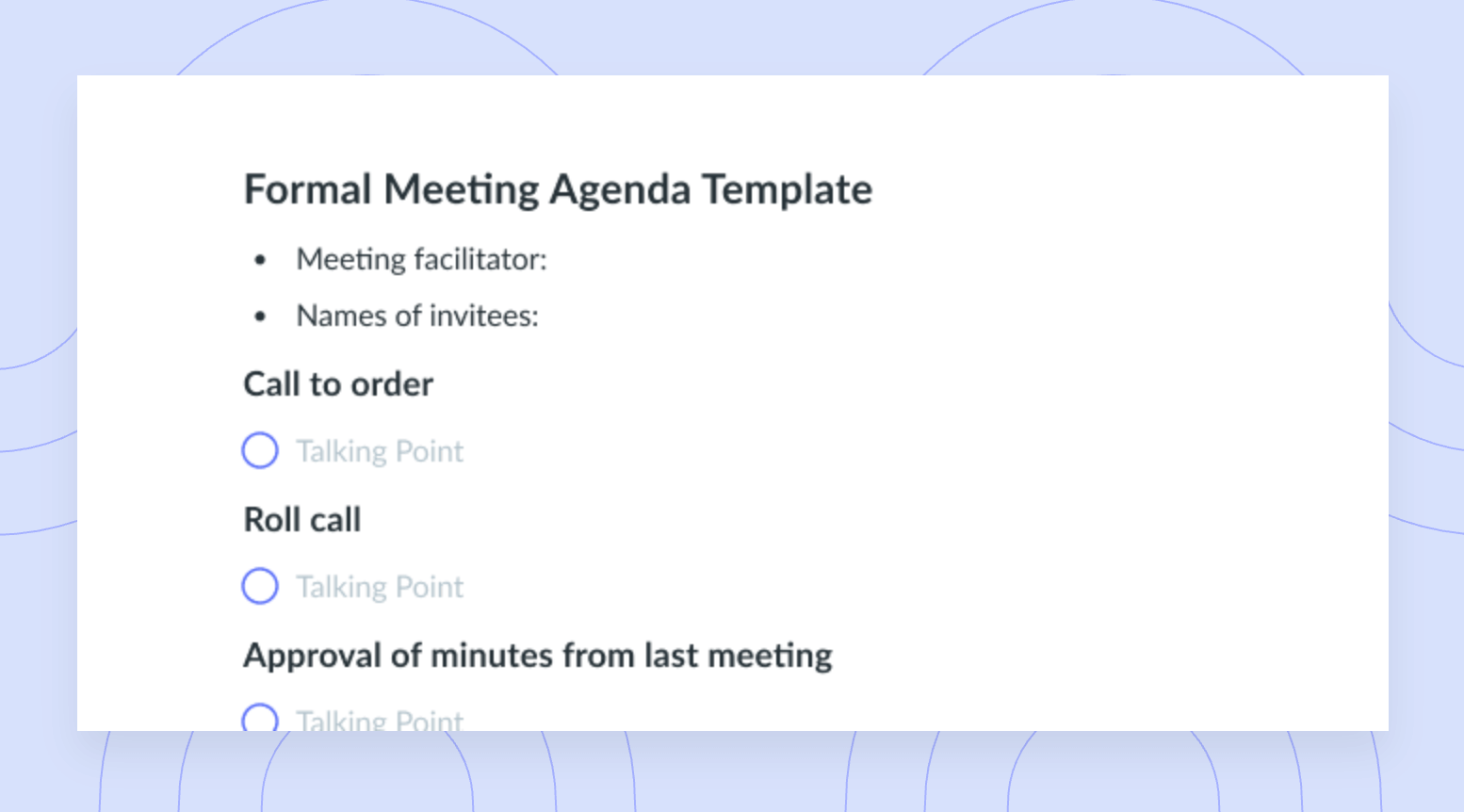Vlad Magdalin: Embracing Management, Fostering an Open Culture, and Instilling Core Behaviours
How Vlad Magdalin cultivates core behaviours that transform the success of his organization while fostering an open culture.
Vlad Magdalin is the CEO and Co-Founder at Webflow and he’s on a mission to empower millions of people to build for the open web by building a visual development platform that democratizes software creation.
Listen to this episode (or read the transcript below) to learn how to become more confident in serving people as a manager or leader.
1 When was the first time you managed a team?
I started at Webflow four different times, and it wasn’t until the fourth time that it stuck. About a year and a half after we launched, we started hiring people and that’s when my management journey began. Initially, I didn’t think of it as management because we were all working so closely together. I probably didn’t start thinking of myself as a manager until about three years after we launched the final time and that was when the whole dilemma started of not knowing how I should spend my time. I didn’t know if I should spend my time coding or if I should spend my time growing and scaling a team.
2 When did you realize that it was time to stop coding?
It got to a point where people on my team that I really cared about told me that I might be hurting the team by not spending more time on fostering people’s careers and looking into improving communication as a team.
A lot of my identity was wrapped up in the technical side of coding and it took my team coming forward to tell me that things would start to fall apart when I would put my head down and code for a week and that’s when I knew I wasn’t serving my team well. I was reverting to the easy things that I was comfortable with and avoiding the things that I found a lot harder.
3 How do you foster a culture that allows your employees to move around within the company?
We strive to build a company where each individual team member can lead a fulfilling and impactful life. When someone feels like they’re having an impact and making a real difference, they bring value to all of the other team members and to our customers.
We have people that are managers that decide not only to go back to individual contribution work but go to individual contribution in a completely different discipline. It can be difficult to manage but we try to have those conversations so we can make as much space as possible for those kinds of moves. We want to make sure that the people can identify what’s important to them and work towards that.
4 Can a hybrid work model work?
Hybrid work has been working for us. I think we need to have an office because of the quality of work we want to produce in some areas. For example, our education team has a studio and it’s important for us to have a physical space to record those videos because it’s not really possible to do all of that inside someone’s home.
We also have a lot of folks that enjoy the collaboration element that occurs when you cross paths with someone in the office. It’s just something that I think a lot of humans crave so I don’t think I would ever want to run a fully remote company without some sort of in-person element.
5 How big is your team and how often do you meet?
Our team is around 180 people, and a big part of our culture is having company-wide meetings where everyone’s in attendance. We call these our Webflow weekly meetings and we also send out weekly CEO updates.
The structure actually just shifted, and it continues to evolve as we learn what works and what doesn’t. We usually start by introducing new team members and celebrating promotions and work anniversaries. After these updates, it’s usually either marketing or financial updates or whatever’s top of mind or current news. After we go over updates and business planning we usually move on to questions and then we have a section called props where we share gratitude and give people shoutouts for various things that happened throughout the week.
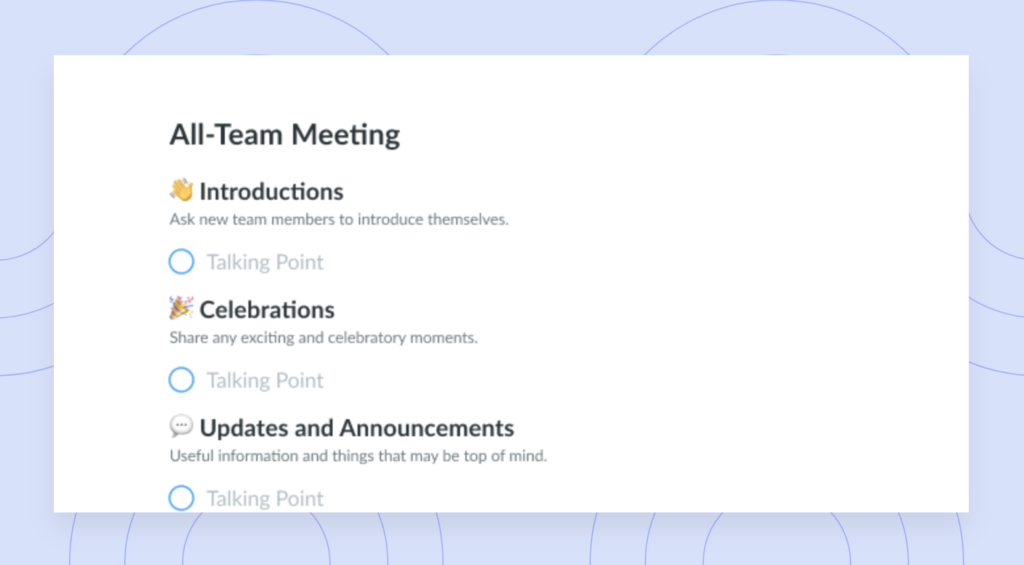
6 What does the weekly CEO update entail?
The weekly emails are kind if all over the place but when we are in a time of crisis like the COVID-19 pandemic, or if we’re focusing on something serious like racial injustice, it will be more of a letter format.
When things are more normal, I like to break down some things that are top of mind that I don’t want people to miss. We have people working in 16 different time zones, so the weekly emails are another way of making sure everyone knows what to expect in the upcoming week while being briefed on all relevant announcements. We also like to cover the company’s performance and focus on some key metrics as well as team member milestones, promotions, and new hires. There is also always some sort of call for feedback and that’s how I get a lot of engagement within the company.
7 How do core behaviours and core values differ?
Core behaviours are different from core values because you can say you value something but how you act proves if you really value it. We like to look for how people behave and that’s why we celebrate and reinforce good feedback. It’s about reiterating that we care about how people behave as opposed to what they say.
One of our core behaviours is move uncomfortably fast. It was rooted in when Webflow was first getting started and we were part of a tech accelerator called Y Combinator. We were originally very hesitant to launch because we thought nobody would pay for Webflow when it was such a limited product but one of the partners at YC told us that if we didn’t launch before demo day, we weren’t cut out for the program, so we launched and we were pleasantly surprised. Although surprised, we were very uncomfortable with pushing out what we had and charging for it because we were deeply embarrassed by the quality of what we thought we were providing when in reality our customers were finding value in the product and paying for it.
It taught us that it can be very uncomfortable to launch a product and that was the root of the move uncontrollably fast core behaviour. Sometimes we must move at a pace that may be uncomfortable because by waiting, we may be stealing value from the people that could benefit from the product.
We recently renamed it to move intentionally fast because we still want to be intentional. It’s not just about speed and being uncomfortable but it’s also about putting a lot of thought into what will bring value and how we can provide value while doing it in the fastest way possible.
8 Do you have any advice, books, or resources for managers that are looking to get better at their craft?
The biggest realization that helped me become more confident in serving people was being able to live by my own values and feeling ok in doing so.
Before I had this venture funded-professional company, I had this mentality that if you don’t behave a certain way or if you’re not a picture-perfect version of what a professional manager or leader has to be then you’re failing. I believed that as a manager you should care about the business goals first and foremost. For a CEO, it was making shareholders a priority, and as a technical leader, it was worrying about technical architecture. I had all of these ideas in my head around what excellence looked like, but I still felt guilt around what I thought the right direction was.
For me, the major breakthrough was really giving myself the permission to be myself instead of trying to live up to ideals that I thought were the perfect set of circumstances. I also learned to openly defend my stance and not be apologetic for speaking up about what I believed to be the right thing to do and that’s what ultimately led to our core behaviours, our second mission, and treating our team members humanely.
It was all about feeling like I had the permission to live within my personal convictions and values and learning that they were valid and just as important as other industry “norms”. I learned to push for things that defend and serve my team better and it has personally made me feel much more fulfilled.



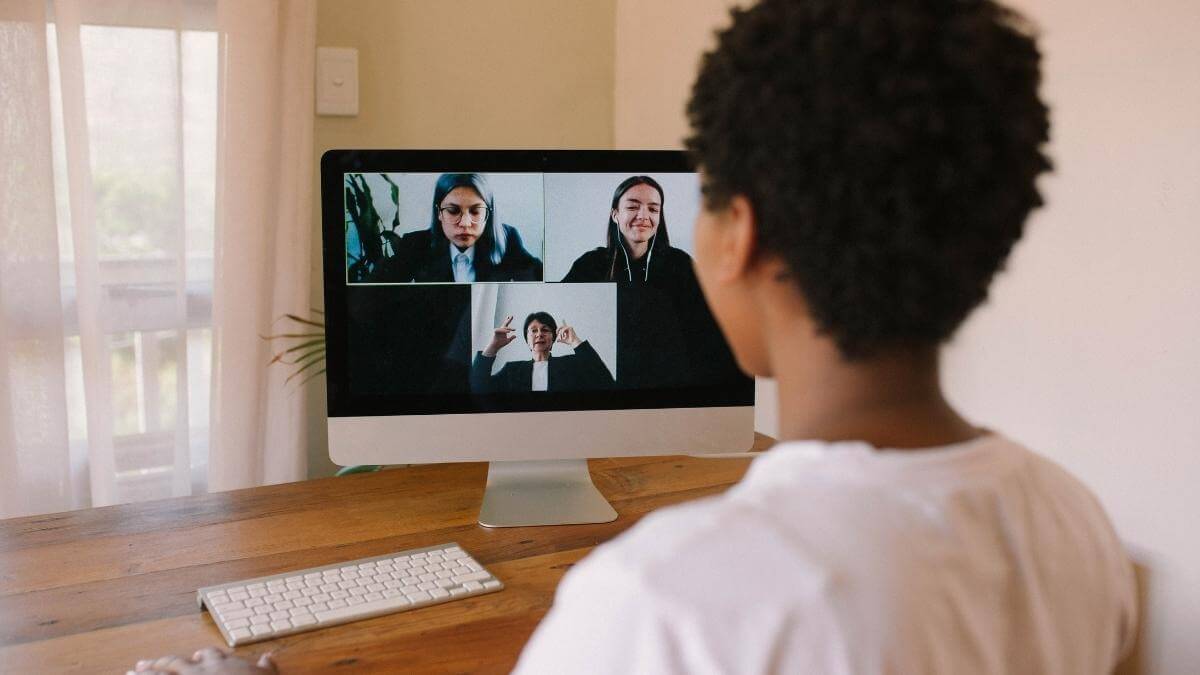



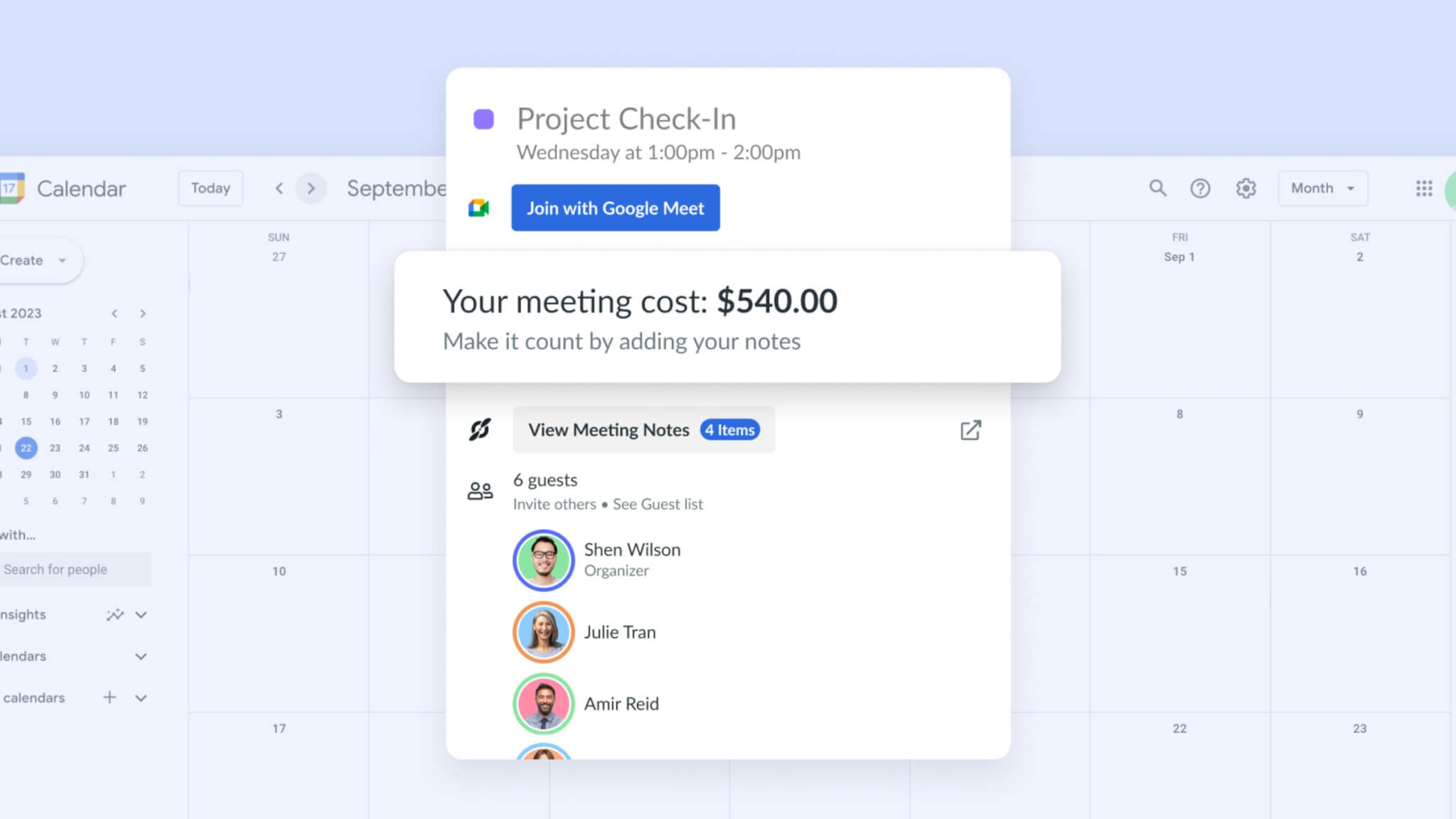
![Short-Term vs. Long-Term Goals [+ Examples]](https://fellow.app/wp-content/uploads/2022/06/Short-Term-vs.-Long-Term-Goal.jpg)
